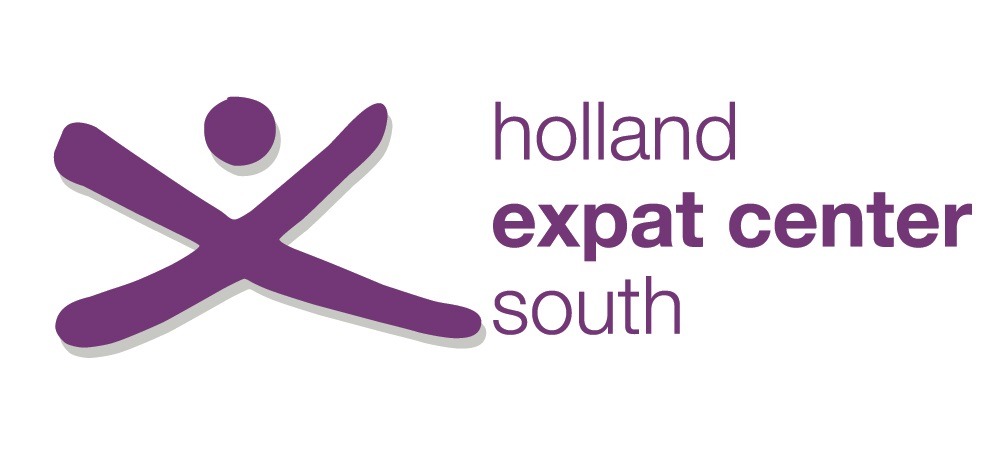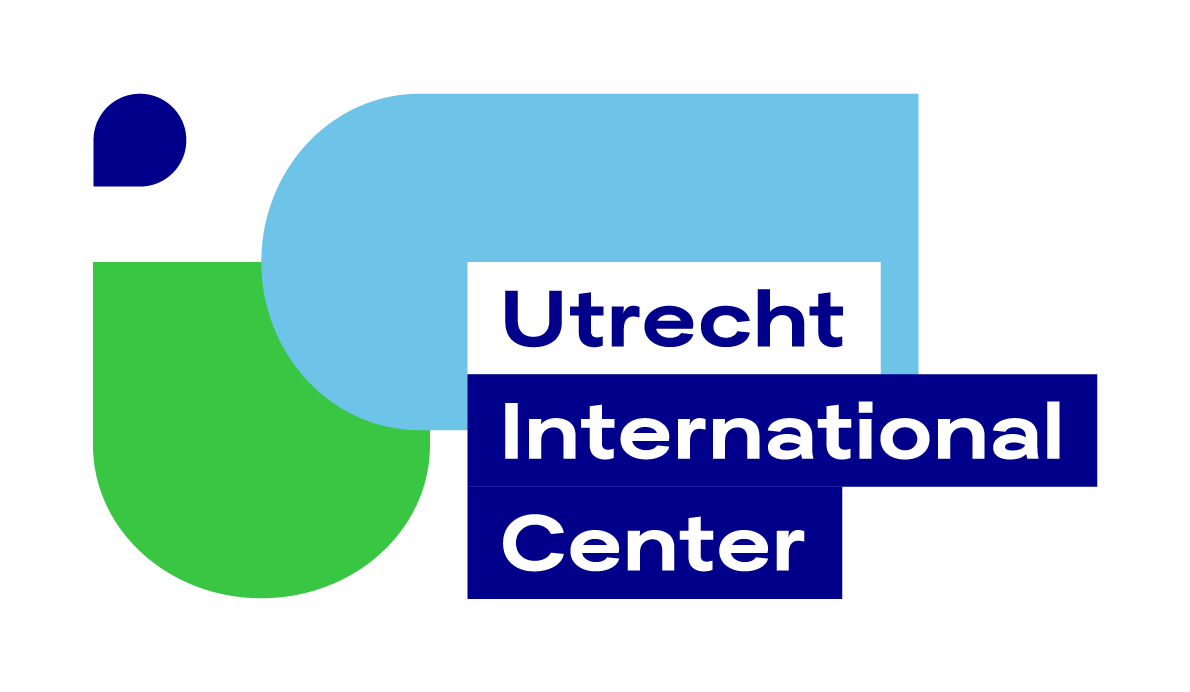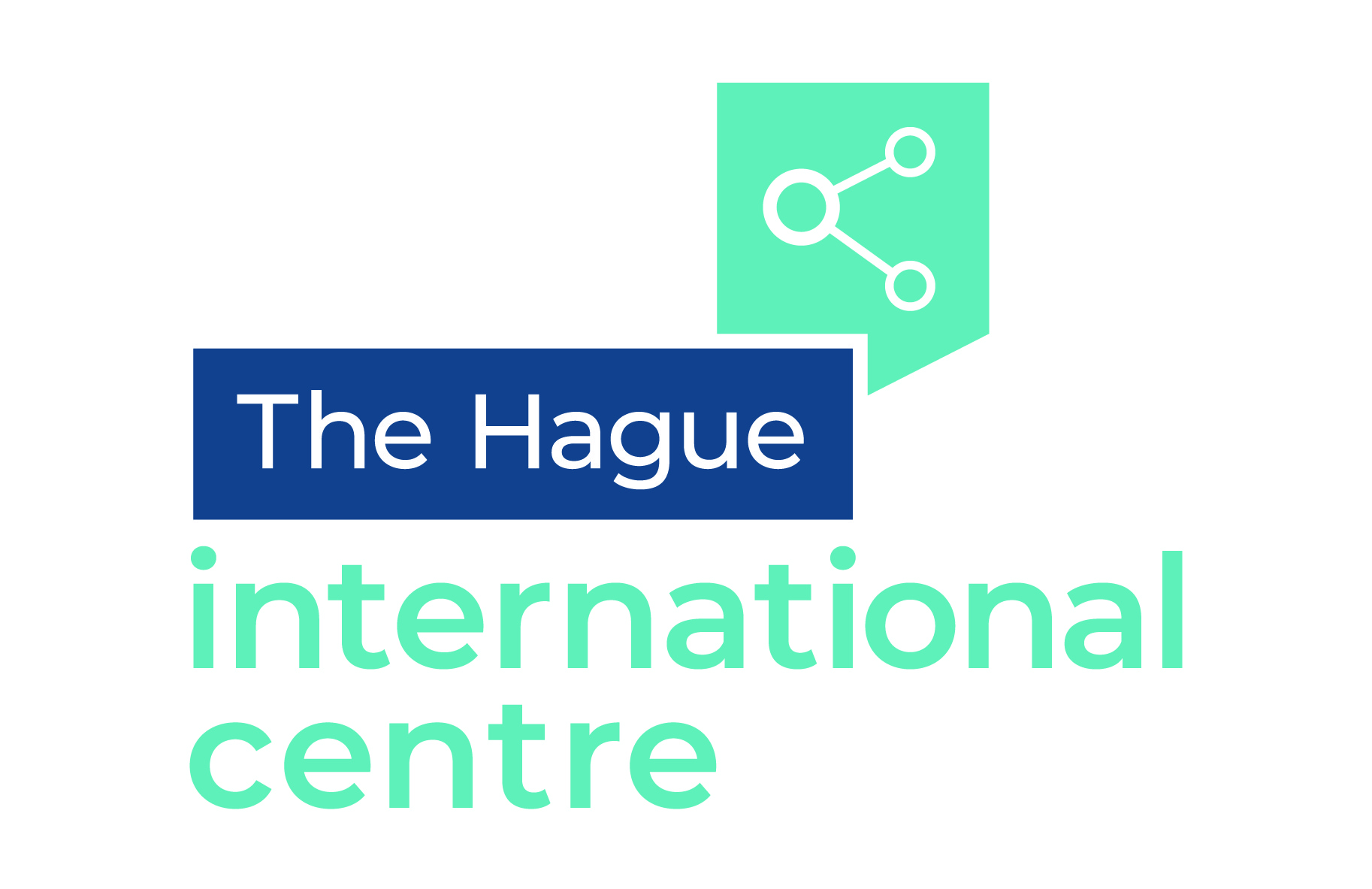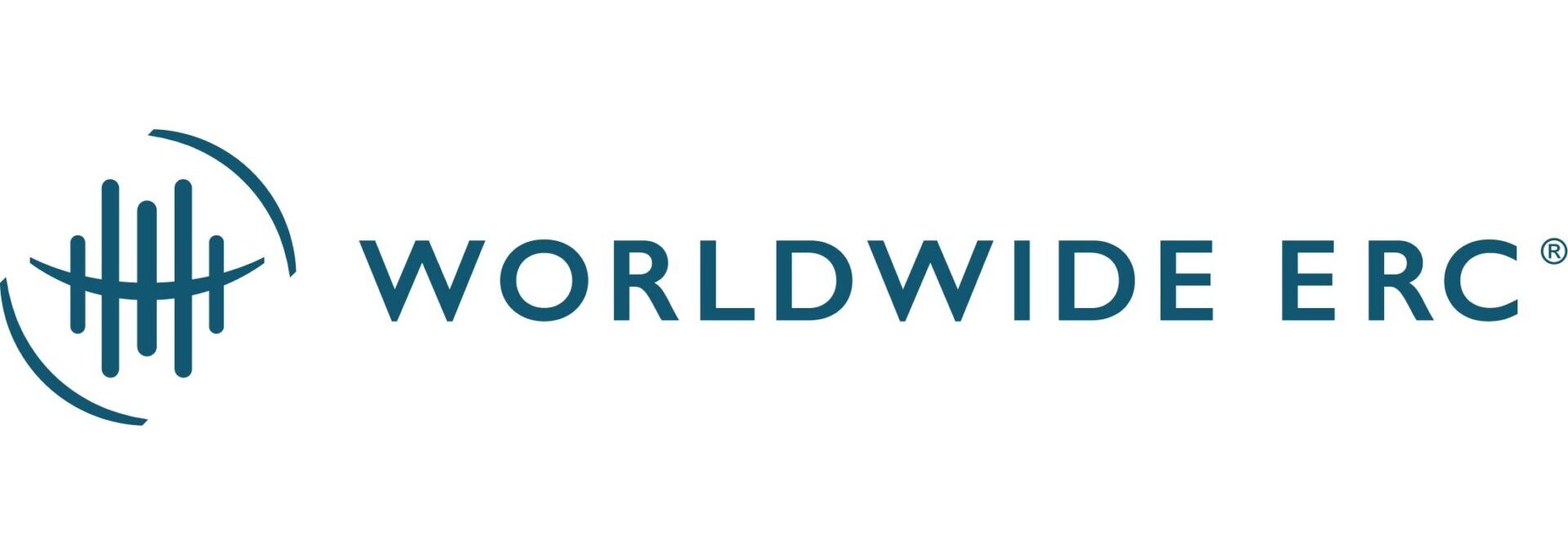Frequently Asked Questions
We at Jimble understand that asking the right questions will lead to better understanding. A better understanding comes with improved communication and trust.
Here are some frequently asked questions from companies and individuals when considering relocation: Can’t find the question you’re looking for? We’re always happy to answer— Contact us directly!
For companies
What is Employee Relocation?
Employee relocation, also known as global mobility, serves to transfer candidates, their families, or entire departments of an organisation to a new location. Relocation in this case is classified as an employee benefit, a function that’s usually administered by the organization’s HR department, with much of the hands-on support outsourced to a relocation management company or a destination service provider.
What does an international employee relocation consist of?
This is where HR departments can find it useful to outsource their programmes to a relocation management company or destination service provider that has local, on-the-ground knowledge and experience to support the employee through the relocation maze.
Some standard elements to be considered for an international relocation package or policy are:
- Immigration
- Temporary accommodation
- Area information guides
- Orientation
- Home Search
- School Search
- Furniture & Appliance Rental
- Moving
- Tenancy Management
- Travel Management
- Expense Management
- Cultural Training
- Language Training
- Departure Services
- Integration
How can I hire a Non-EU employee?
Looking to hire an international employee? This means you will be the sponsor for this employee(s). A sponsor is a person or organisation having an interest in the residence of a third-country national in the Netherlands. Jimble can assist your company in becoming a recognised sponsor with the IND (Dutch Immigration and Naturalization Service)
How can I determine my highly skilled migrants salaries?
It is critical that your company’s pay for highly skilled non-EU migrants always meets the standard, including for part-time employees. Jimble advises you to frequently check the IND website as salary requirement changes occur annually. Still need advice? Allow one of our team members to help you better understand the intricacies of the wage requirements by scheduling a video call.
What are the salary requirements for the 30% ruling?
The 30% ruling is an income tax advantage for highly skilled migrants working in the Netherlands. It means that 30% of your employees’ salaries can qualify as tax-free. To benefit from the 30% ruling, you must meet certain requirements that are set by the Dutch tax authorities.
What are some general employer relocation benefits?
- Organisations offer a range of benefits managed in-house, such as cost-of-living allowances, hardship allowances, and assignment bonuses. These are great benefits aimed at your candidate.
- The benefits of effective modern companies are those with a talented and diverse workforce. Recruiting and retaining people with proper experience, skills, and diversity, who bring their unique perspectives from their own cultural, geographic, and personal to backgrounds. When you expand your search to a worldwide talent pool, it will help you to improve the quality of the candidates to choose from.
- International relocation is an attractive facet of a career at any company and is good for the company as a whole. The study also found significantly higher rates of organisational loyalty, motivation, and engagement among employees who have been relocated abroad.
Should my company offer relocation packages?
Relocation packages are valuable recruitment tools. As a company, you want to be known as a place that values great employees and as an employer that takes care of its talent and pays for performance, as opposed to attracting entitled workers looking to take advantage of your benefits. Like most things in talent recruitment, there are no easy answers. It comes down to your company’s needs and image. When building relocation packages, always assess the risks and costs, weigh the pros and cons, and be flexible.
What are employee departure services?
Proper departure services are equally important to those of a newly relocating employee programme. Departing can be an incredibly frustrating and stressful experience; therefore, Jimble will help your employees depart the country with as little stress and worry as possible.
Through our departure services, we can assist you with the following:
- Return your security deposit
- Termination of lease agreements
- Assistance with organising check-out inspections
- Pet Relocation
- Final cleaning
- Termination of utilities and other home-related contracts
For individuals
I am moving to the Netherlands, what do I need and can Jimble help me?
Exciting times, and congratulations! Once we’re connected, we can provide you with a tailored consultation based on your criteria and needs. We can also determine whether immigration is required as a first step and support you with it, as immigration takes precedence in any relocation procedure. Generally, a social security number (BSN) and a Dutch bank account are required to start working in the Netherlands. A residence permit is needed if you are a non-EU national as well.
What documents do I need to register and to obtain the BSN number?
You need an address to register when you plan to stay longer than 4 months. In some cases, it might be possible to use the company address as a temporary registration address. For EU citizens, showing an original copy of your birth certificate during the registration appointment is mandatory. Depending on the issuing country and language, some documents might need legalisation (apostille) and/or translation. During our initial contact, we ask you to provide as many details as possible so we can provide you with the correct information upfront.
I am looking for new apartment/house, can Jimble help me find my dream place?
This is what we love to do and are good at! We work closely with established and trustworthy real estate agents. Also, having access to unlisted properties is a huge advantage for you. We will plan and possibly join you at all viewings, negotiate the best possible rental contract, and, of course, review the agreement.
What insurance(s) do I need?
Once you are registered at the local municipality, it is mandatory to have Dutch health insurance. The Netherlands does not have a single public health insurance company but rather several private health insurance companies from which to choose. Please do your research prior to choosing, as different companies focus on different aspects of health issues.
Additionally, we also recommend taking out liability insurance that covers you for any damage to third parties. For example, you are off to the office riding your Dutch bike when you scratch someone’s car. If you have liability insurance, there is no need to argue or pay cash for the damage. Just call your insurance company, and they will take care of the rest. Before continuing, it’s a good idea to exchange contact and insurance information. Liability insurance is not mandatory by law but is highly recommended, as over 90% of all residents have one.
What kind of rental contract(s) are commonly used in the Netherlands?
The most common rental contracts in the Netherlands are “model A” and “model B” contracts.
Model A: a 12-month contract, which will be automatically extended and turned into an indefinite contract.
Model B: a rental contract with an end date and a maximum of 24 months that can be terminated each month from the start by the tenant.
Are there local taxes to be paid?
When you are registered at your final address with a municipality, you will receive an annual bundle of taxes that you, as a tenant, are responsible for. This bundle can cover waste disposal, water and sewage maintenance, etc. The value of the municipal taxes changes from one year to the next.
How much is the rental deposit?
The rental deposit is used to cover possible future damage to the apartment. Typically, the deposit is equal to one month’s rent when renting an unfurnished apartment, and two months’ rent when renting a furnished apartment.
Once the property lease comes to an end and the apartment is returned in great condition, the rental deposit will be refunded by the landlord. Although there’s no legal cap on the rental deposit refund timeframe, the standard refund time is two months.
I want to buy a property, can Jimble help me out?
Yes, we can! We will guide you through the challenging process of finding and buying the right property for the right price in this heated market.
What is a diplomatic clause?
The diplomatic clause gives the tenant the right to prematurely terminate a rental contract due to work-related reasons. We highly recommend including this clause in your contract model A, as it gives the tenant the right to terminate the contract prematurely within the first 12 months, but only for work-related reasons like termination of the work contract or relocation of more than 50 km from the current work location. Activation from the start is common, but it does occur that the landlord opts for a minimum term. During this period, the tenant is not allowed to use the diplomatic clause.
How much will I be paying for utilities?
Depending on the size of the apartment and your own usage the utilities can be between 100 and 200 euro. TV/internet plans are between 35 and 70 euro depending on channels and download speed.
Can Jimble help setting up my gas, electricity and water connection?
Depending on the size of the apartment and your own usage, the utilities can be between 150 to 250 euros. TV/internet plans are between 35 and 70 euros, depending on channels and download speed.
Didn’t find what you were looking for?
Every company, every employer and employee, and therefore every experience, is unique. This is something we thoroughly understand. It has been inspiring and insightful working with different businesses and the migrating.






